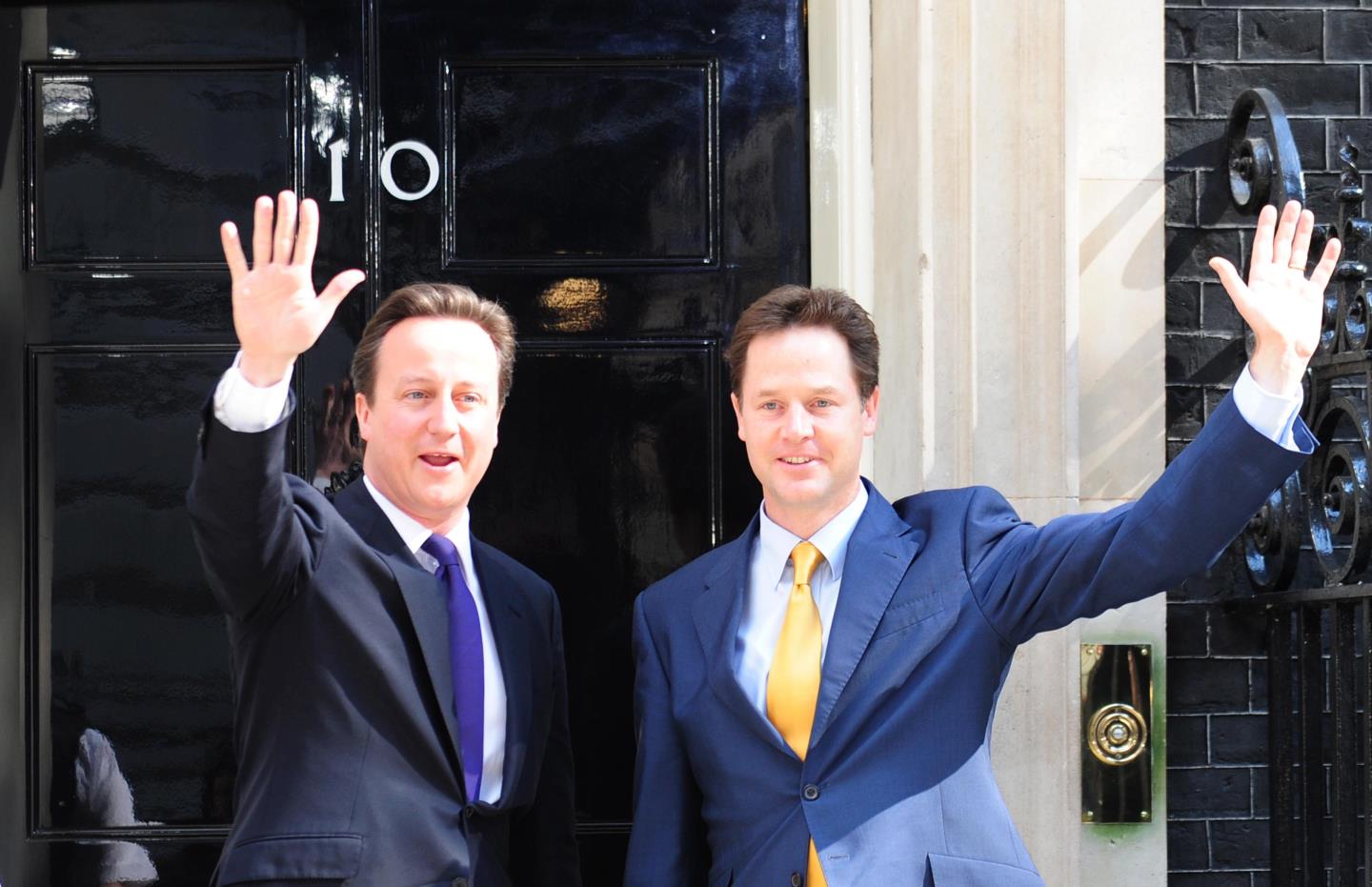As a youngster, I was the only one of my friends with any interest in politics. It must have been instilled in me at an early age, as I recall my father and my grandfather – his father – arguing politics in the run-up to various elections.
My father was a committed socialist, a Labour Party supporter. My grandfather, from Caithness, argued the Liberal corner.
Perhaps it was a generational thing. In my grandfather’s youth the Liberals were the real progressive, social democratic party, while my father grew up in a time of anti-fascism, pushing those opposed to Hitler and Mussolini further to the left.
But even when I was growing up, the Liberals had become marginalised. And there they have remained, on the fringes of power, ever since, whether as Liberals, the SDP, the Alliance, or the Liberal Democrats.
Indeed, one of the most popular politics trivia questions is to name a politician who sat in the same seat for four different parties. The answer, as most of my former lobby colleagues will know, is Bob Maclennan, who was MP for Caithness and Sutherland for Labour, the SDP, the Alliance, and finally the Liberal Democrats.
And in my Caithness grandfather and Bob Maclennan we find perhaps the root of the problem for the current crop of Liberal Democrat politicians. They are marginalised, not only politically but geographically.
Their popularity, where it remains at all – with one or two exceptions – is firmly in the geographic margins of the country, in Orkney and Shetland, Caithness and Sutherland, the Borders, Cornwall. Leaders like Jo Grimond, David Steel, Paddy Ashdown and Charles Kennedy were all from distinctly rural constituencies, far from the urban heartlands of most voters.
Are coalitions going to win votes?
The Scottish Lib Dems have attempted to break this mould with Willie Rennie, a Fife MSP, and now almost certainly Alex Cole-Hamilton, who represents Edinburgh West in the Scottish Parliament.
Mr Cole-Hamilton admits that the Lib Dems have suffered thanks to the alliance between his party and the Conservatives at Westminster when David Cameron was prime minister. He will be, he points out, the first Lib Dem leader anywhere in the UK to have no link to that time in his party’s recent history.
So what is Cole-Hamilton proposing? He says he will seek to be in power, because it is difficult to change things from fourth or fifth place. In other words, seek a coalition or alliance – exactly the same plan which did his party so much harm following Nick Clegg’s ill-judged deal with the Conservatives.
This time, however, it seems only an alliance with Labour would be on the cards, as the aspiring Lib Dem leader has already said that politics is being held back by the Scottish nationalism of the SNP and the British nationalism of Boris Johnson, effectively ruling out deals with those parties.
Does he really believe that going into an election campaign with a view to forging an alliance with Labour would be a good tactic? Better surely to stand on an independent progressive manifesto, promising no compromise, no cutting of deals behind closed doors.
Lib Dems should stick to doorstep campaigning
My grandfather voted Liberal because they were the progressive alternative to the establishment party of the time, the Tories. For my father that party was Labour, and for me, growing up, it was the SNP.
When they target a seat in an election, or when there’s a by-election, the Scottish Lib Dems invariably do well, by highlighting local issues and by doorstep campaigning
That’s what the Lib Dems should be doing now: pitching themselves as the real alternative progressive party in Scottish, as well as British, politics. After all, having been in power now for 14 years, the SNP can easily be painted by rival parties as the Scottish establishment.
The SNP grew its power over the last 40-odd years by grassroots politics, knocking doors, leafleting. That’s exactly what the Liberal Democrats are good at. When they target a seat in an election, or when there’s a by-election, they invariably do well, by highlighting local issues and by doorstep campaigning. They potentially have a lot going for them, particularly in Scotland.
They’re fervently pro-Europe, in a country which voted overwhelmingly in favour of staying in the EU. Their proposals for a much more powerful Scottish parliament, just short of full independence, would probably be acceptable to most Scots, even many who vote SNP. They have a good track record on green issues and propose more investment in education and health.
All of these policies should be front and centre, not flying kites about gaining power through alliances or coalitions.
I’ve always been a firm believer that doorstep campaigning is still the most successful weapon in a politician’s armoury, even in these days of social media. That’s where the Lib Dems should direct their fire, though whether I believe Alex Cole-Hamilton is the man to lead them into that battle is another matter.
Campbell Gunn is a retired political editor who served as special adviser to two First Ministers of Scotland













